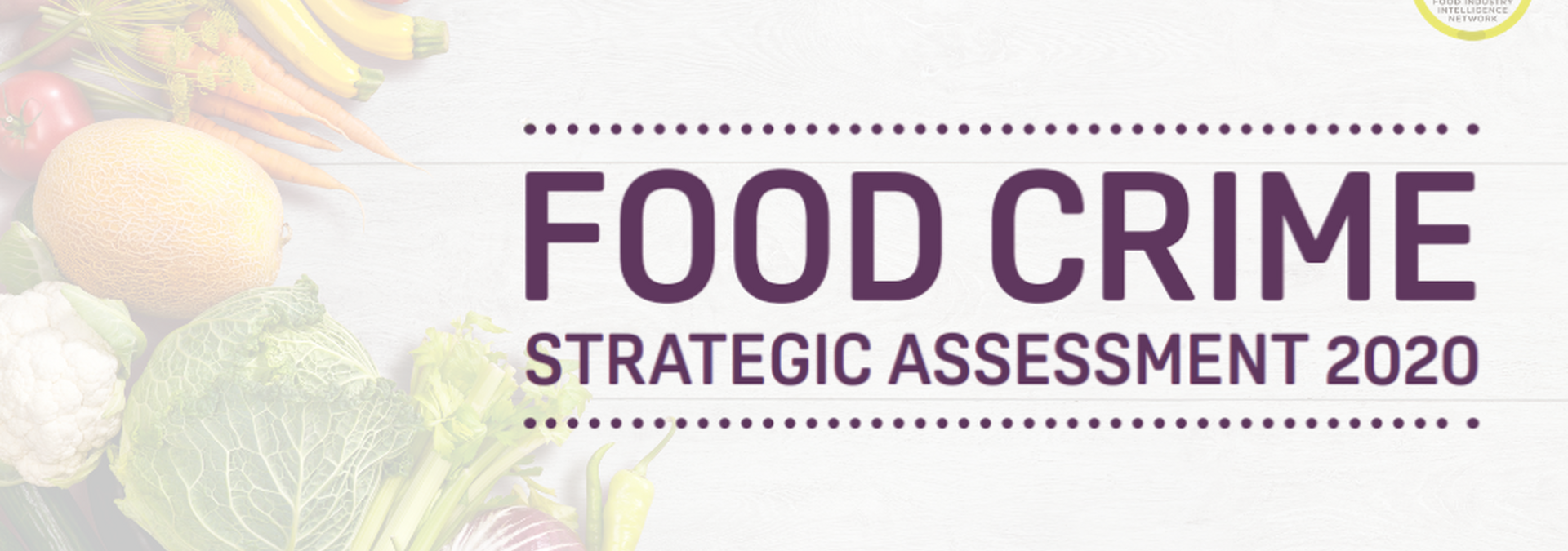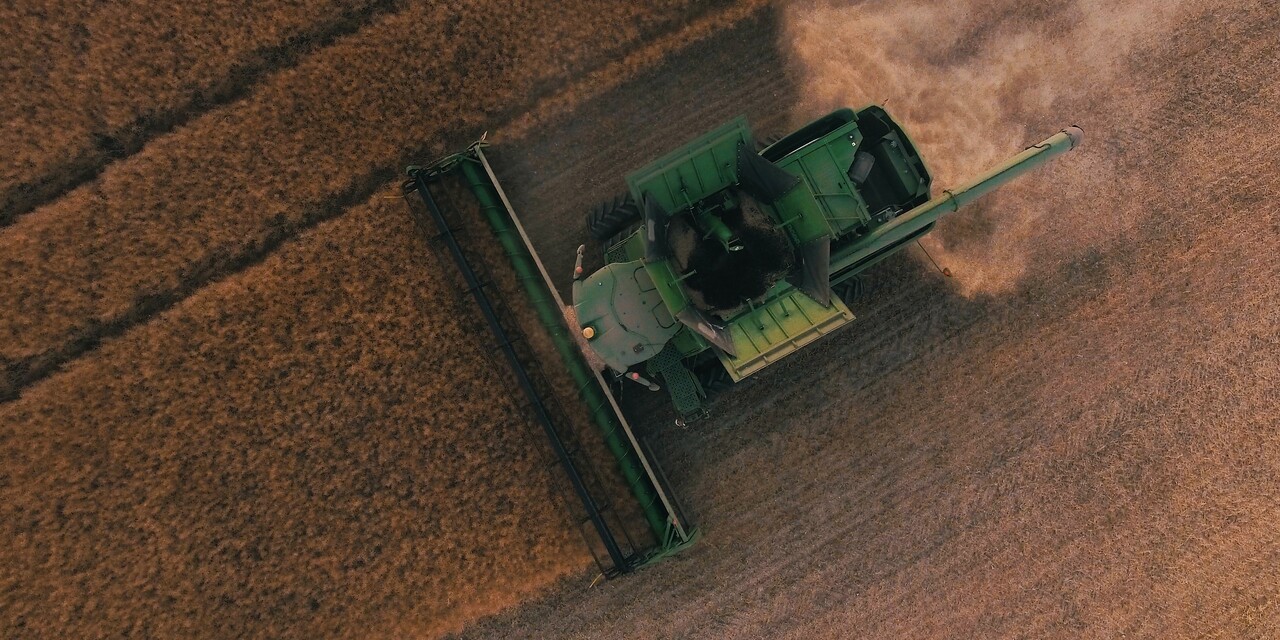
Overview of the Food Crime Strategic Assessment 2020
The National Food Crime Unit has released their 2020 Strategic Assessment. This report describes the threat to the UK from food crime and serious fraud, within food supply chains.
This is a useful tool to inform our members and steer the work of fiin (the Food Industry Intelligence network).
Our remit is very much in the arena of collaborating across the breadth of the food industry to combat food fraud. In gleaning further insight on vulnerable areas of the food supply chain, we can better prepare our members by analysing and circulating relevant information and focus data collection on these areas.
Combining intelligence gathering along with industry assessments like this, enable us to pool data and produce comprehensive reports on areas of food fraud. This helps achieve the ultimate aim of protecting the interests of the end customer.
What the report says
One of the key areas the report highlights is the changes that have been seen in e-commerce, and the huge potential for food fraud. For example, a large amount of food can be purchased through platforms such as Facebook and eBay.
These platforms are only going to increase their remit in trading food and drink but are not as easily regulated or policed as conventional supply chain routes.
The assessment also notes that there has been a number of illegal shellfish harvesting incidents in several regions of the UK. This insight pairs well with the data that fiin collates from our 46 strong membership, which can reveal trends or common concerns that may be less apparent in isolation.
Interestingly, the assessment has a strong focus on rural crime and livestock rustling. Although this may not seem like an area of concern for food supply, some of the stolen animals will be slaughtered on illegal premises and may enter the marketplace under false pretences. This leads to incorrect product labelling, giving rise to the potential of food fraud in the supply chain, which could also pose a food safety risk.
To view the full report, click HERE
fiin members update
Despite the impact of Covid-19, fiin has continued to collate product authenticity test results throughout the pandemic, providing members valuable insight and intelligence into potential food fraud issues.
Working closely with Campden Research, the anonymised member data won’t break commercial confidentiality, but collectively offers a powerful resource.
With more members, the greater the dataset and more targeted and robust the intelligence becomes. fiin continues to look for membership in categories including, alcoholic drinks, commodity food ingredients, and ‘food to go’ restaurants.
To become a fiin member, or to find out more, please contact us.

